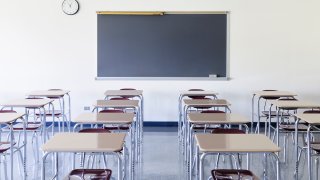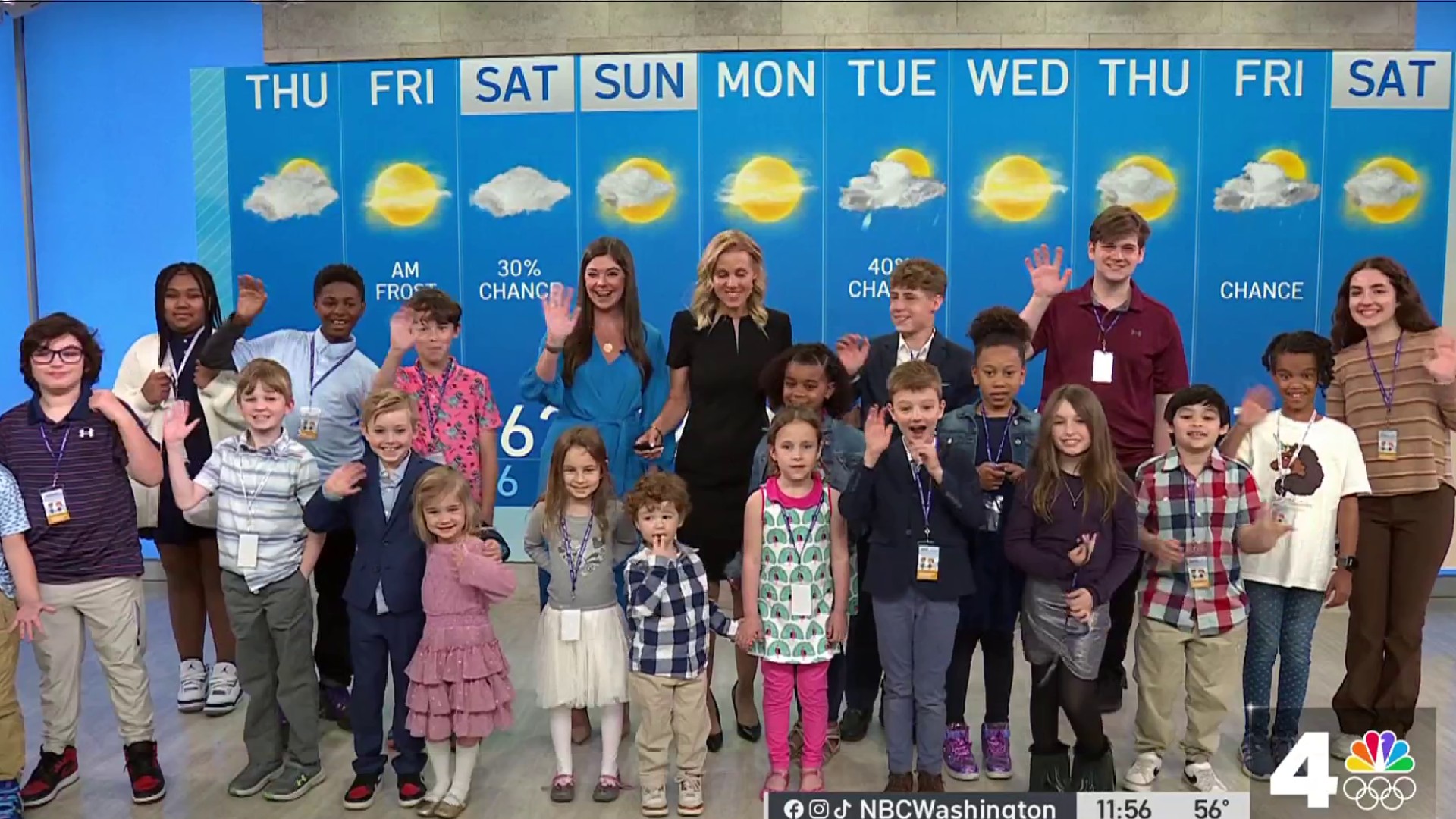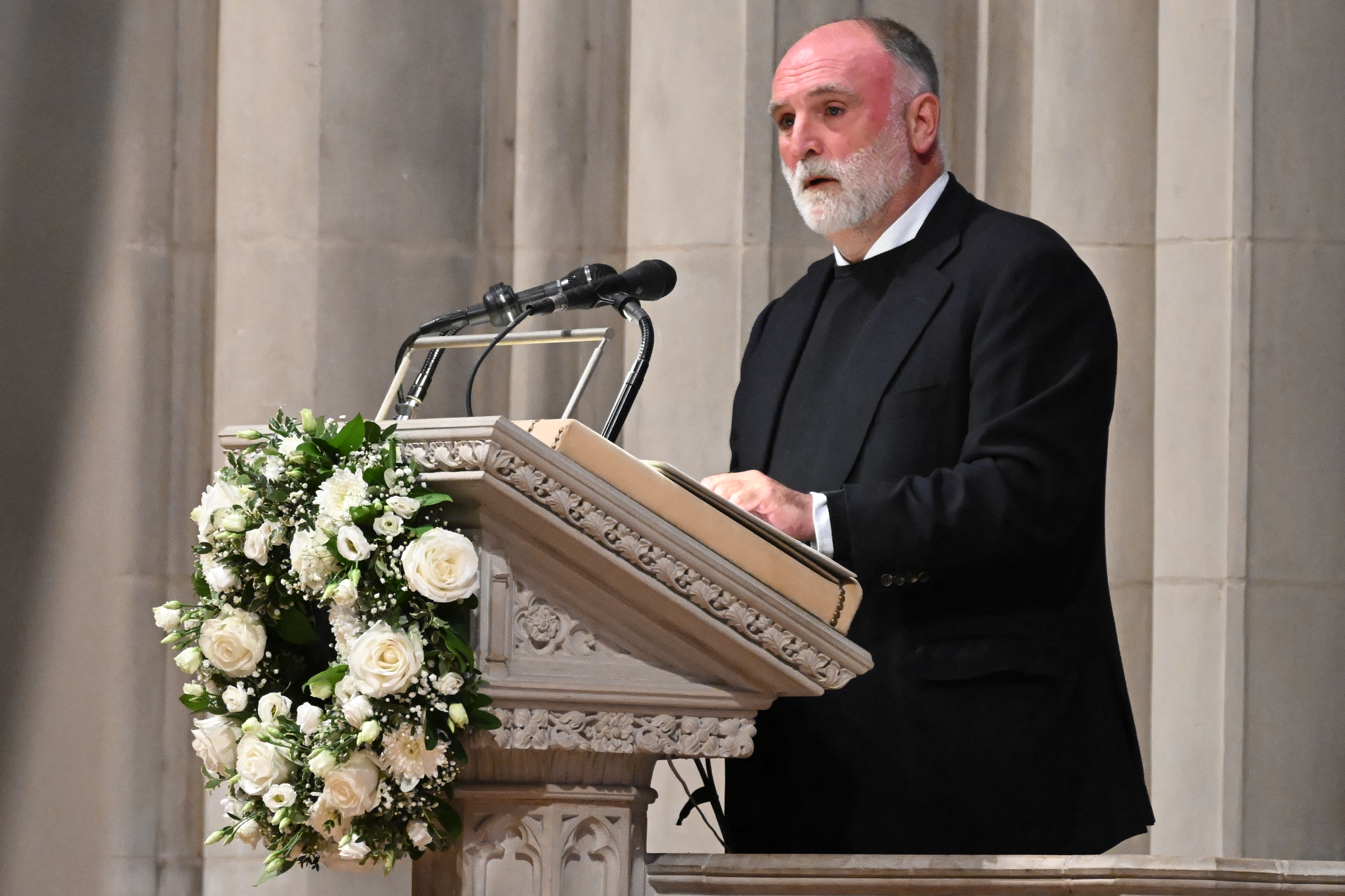
Learning has changed in Maryland since the coronavirus outbreak. Teachers and students have been forced to turn to online platforms across all education levels due to the closing of classrooms.
Last week, the Maryland State Department of Education extended its closure of public school systems through at least May 15.
“This is the right decision for the safety and health of our students, educators, and state,” Maryland State Education Association President Cheryl Bost said, pointing to challenges such as technology access and food insecurity that hamper distance education for some students. “This type of learning is no substitute for in-person learning, and we will need to be thoughtful and serious about how we help students recover from this crisis.”
Higher-education institutions within the University System of Maryland and around the state had already moved to online-only at least for the rest of the spring semester.
We're making it easier for you to find stories that matter with our new newsletter — The 4Front. Sign up here and get news that is important for you to your inbox.
“What we had to do was really set expectations,” Montgomery County Public Schools spokesman Derek Turner told Capital News Service. “First we need to focus on student health and wellness, and then we need to focus on what a new world of instruction looks like.”
K-12 education faces some of the toughest challenges. There is a wide array of ages and behaviors among students, and varying access to online platforms, according to Turner.
Coronavirus Cases in DC, Maryland and Virginia
COVID-19 cases by population in D.C. and by county in Maryland and Virginia
Source: DC, MD and VA Health Departments
Credit: Anisa Holmes / NBC Washington
Local
Washington, D.C., Maryland and Virginia local news, events and information
Montgomery County schools have loaned out more than 43,000 Chromebook laptops to students in order to give them access to the online learning environments, according to Turner.
“The biggest problem we’re facing is internet connectivity,” Turner said. “We’re constantly looking for opportunities to make sure we are closing gaps in the digital divide.”
Montgomery County Public Schools has been working with Comcast to allow students to access the internet and has been purchasing hotspot devices for those who lack local connections. Lockheed Martin donated $25,000 to the school system toward the purchase of more mobile hotspots, according to Turner.
Keeping to a schedule can also be a challenge — for teachers and students.
Anne Arundel County Public Schools, for example, published a suggested daily calendar for students. Each calendar — for elementary, middle and high school levels — gave guidance as to how students could tackle their days at home in the online environment.
“The notion is that we wanted to build a structure for students that was flexible and provided structure and support for them,” Anne Arundel schools spokesman Bob Mosier said.
Colleges and universities across the state took recommendations from the University System of Maryland, which on March 10 announced they were shutting down campuses and moving classes online. This policy has stayed in place for the remainder of the semester.
Many have attempted to ease pressure on students by implementing campus-wide changes to grading policies. The University of Maryland, College Park implemented a pass/fail system, Towson University implemented its Pass Grading Option and Salisbury University opted for a pass/no pass system.
“Working in concert with some of the other University System of Maryland schools, it was determined that, for this semester only, that it would be a good option for some of our students” who have been disrupted by having to take classes online and/or the virus affecting their personal lives, Salisbury University spokesman Jason Rhodes said.
“We know this is a stressful time for a lot of students, as well as faculty and staff, and we’re always looking to do the right thing for our university community,” Rhodes said.
Rhodes also mentioned that Salisbury, and likely other University System of Maryland campuses, had a pandemic plan in place that was drafted when the avian flu and swine flu presented threats in 2008 and 2009, respectively, so the transition was not unforeseen.
“This is the first time that we’ve had to put that (plan) into action,” Rhodes said. “And certainly once this is all over, there’ll be a debrief about what can be done different, what can be done better, next time. But this is something that we prepared for and we’re certainly happy that we did.”



